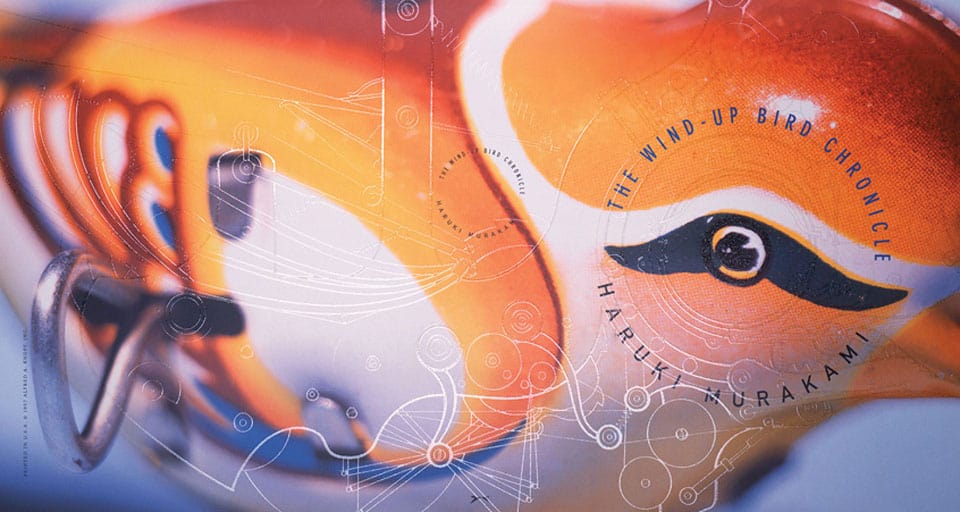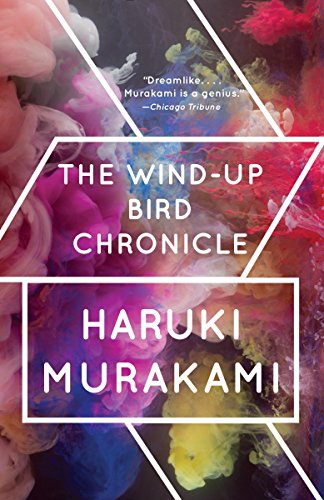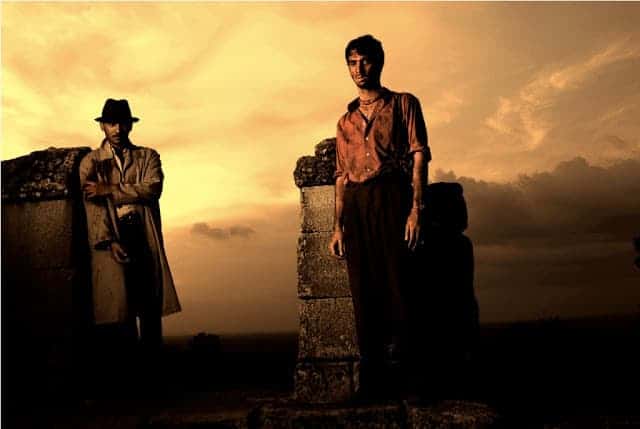By Christina Litsa
“The Wind-Up Bird Chronicle” is the eighth novel of Haruki Murakami, and the one that launched his mature period of writing. Although the book consisted of just one big volume separated in three sections when it was released in 1997 in American and then British English, its first edition in Japan took a whole year to complete (1994-1995) since it came in three independent titles, the ones that actually name the three sections in the English release.
Buy This Title
Toru Okada is 30 years old and he has lost his job. He likes classic music and literature, but every now and again throws a jazz vinyl record on the turntable. He cooks and goes grocery shopping. He's average. Average in height, weight and looks. Toru Okada has also lost his cat named Nobuhiro Wataya, and after a while his wife Kumiko goes missing, as well. Before her disappearance – the active Kumiko in contrast with her tardy husband Toru- motivates him to look for the cat with the help of a medium. From then on, we meet a chain of peculiar characters like the elderly ex- corporal Mr. Honda and his friend Lieutenant Mamiya, Kumiko's successful brother, the two oddball Kano sisters, the death obsessed teenager Maya Kasahara and a family of two – mother Nutmeg Akasaka and her son Cinnamon.
As mentioned before, Murakami divides the book in three parts: “The Thieving Magpie” is the first one, inspired by Rossini's opera (Toru is a fan, after all), the second segment is titled “Bird as a Prophet” and the bigger last part named “The Birdcatcher”. The writer seems to have one specific goal by writing this book, to make his main character “move”. Although Toru has lost his job and spends his days idly, he doesn't appear a bit upset about his situation and he kind of enjoys his new condition. The search of the mysteriously missing cat is Murakami's excuse to get his protagonist to move forward and a gimmick to attract the attention of the reader who falls into the pitfall of believing that the book tells a “detective” story.
Clearly, after the “Thieving Magpie” is finished, the plot gets so loose that the cat, which represents Toru's and Kumiko's former happy family life, is totally forgotten. The dialogues, although pleasantly entertaining, become surrealistic and chaotic to the point of exploring existentialism. Existence has always been a part of Murakami's problematic and in this story, he uses sophism and symbolism in large amounts, resulting in a great book, that is, however, almost incomprehensible to someone unaware of his craft. The” flow” of the water that Mr. Honda endlessly points out, the bottomed and full of comfort water well that Toru spends his time, the good and bad aspect of every character pictured in different dimensions and moons (another favorite concept of the writer), all of them appear in comparison with sudden narrations of the Manchurian war as a critique to the old, harsh Japanese way, an addition that casts to the novel a more literal tone than just the feel of a modern “Alice in Wonderland”.
Despite the initial release of the book taking place in the 90s, I got it in my hands almost a decade later, since the writer was really hyped in my country (Greece) at the time and it was “compulsory” for anyone identified as a bookworm in the reading cycles to have a basic Murakami knowledge, alongside Atwood, Carver, Fitzgerald and McEwan (I'm being obnoxious, I know). To make a long story short, I know I can't be objective. Toru Okada seems like an exact “version” of me, but in the opposite sex. Back then, I had no purpose in life. I was staying home without getting out of the house maybe for three weeks straight; I never reached the phone or met a friend, except on the occasions when, after long arrangements with other slow-moving people, we would meet in the center of Athens to share our thoughts. So, for me the content of “The Wind-Up Bird Chronicle” wasn't just a weird story with well located words in every line – a trait of every Murakami release in Japanese language or any other language the translator worked straight from Japanese- but the mothership of my lifestyle. The writings on the pages motivated me so hard to finally do something for myself that I acknowledged Murakami as a great philosopher and intellectual leader for every average person that happened, in a point in their lives, to crave a push forward.
















